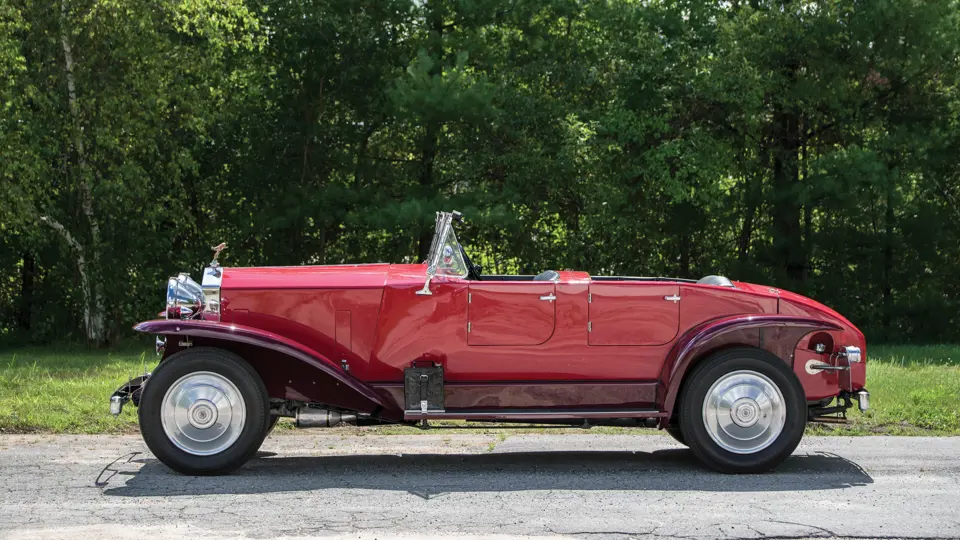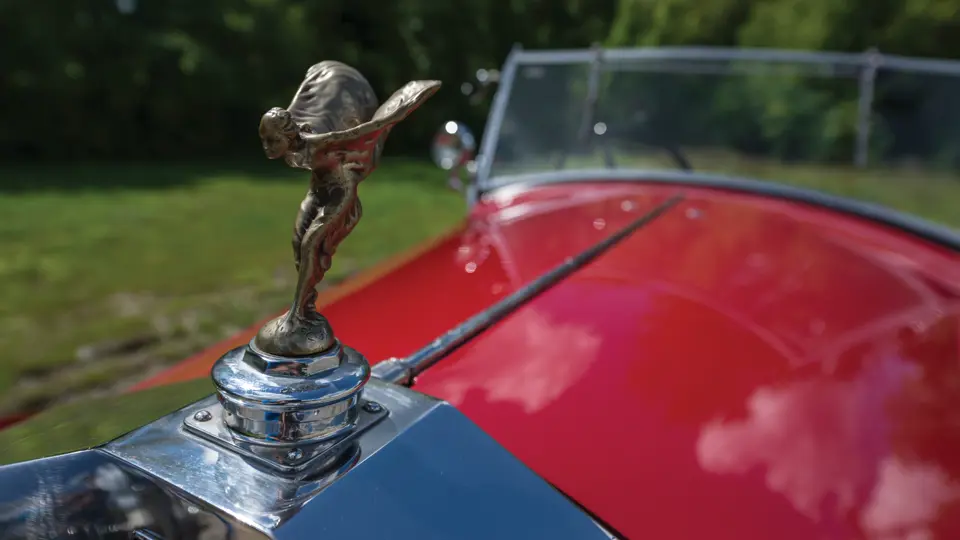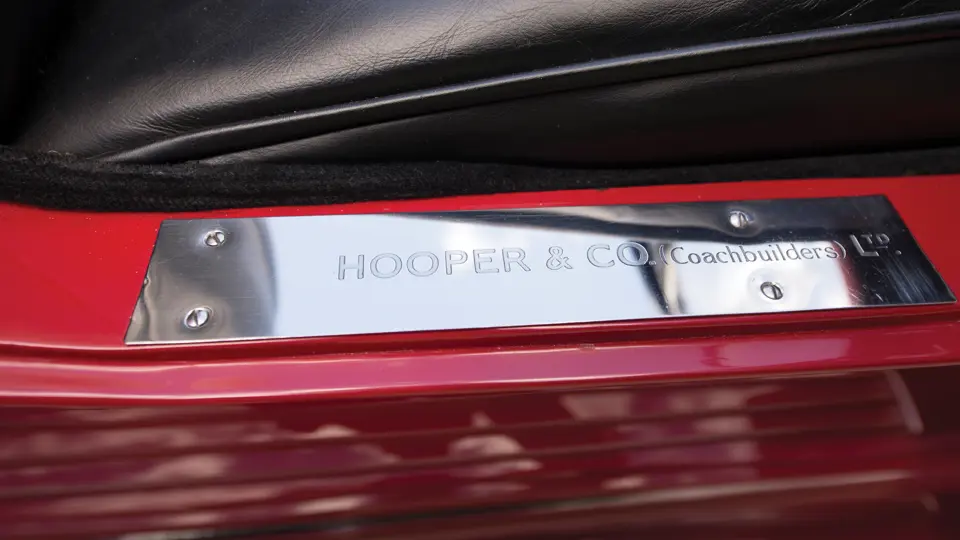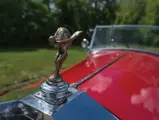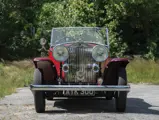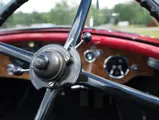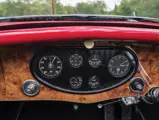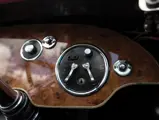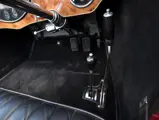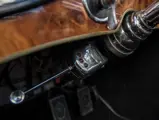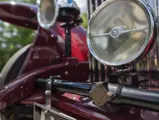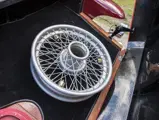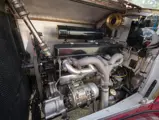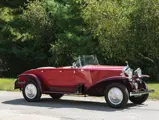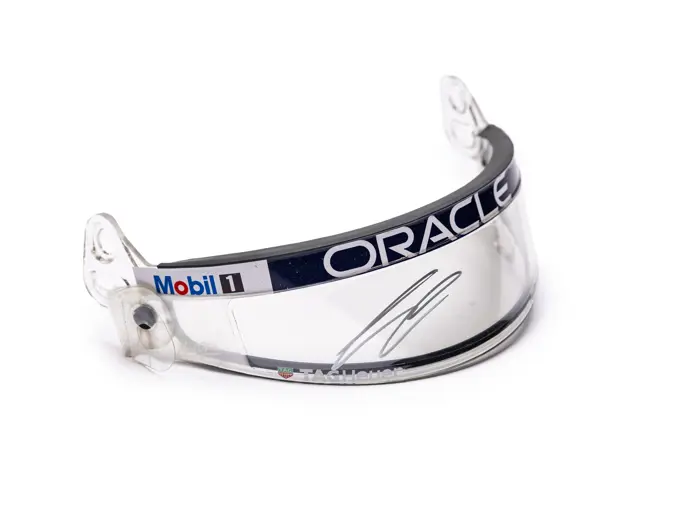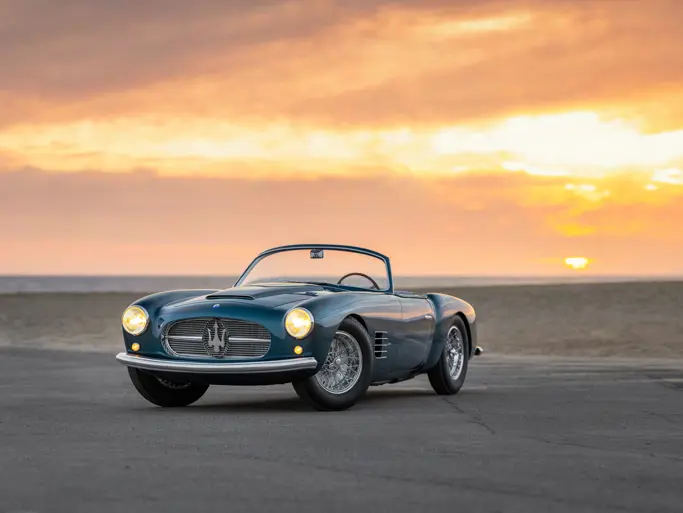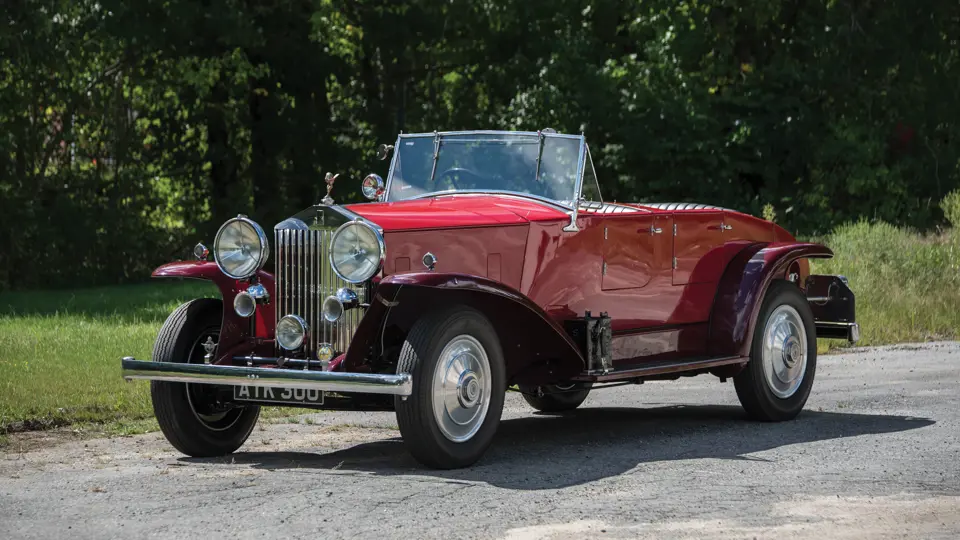
1934 Rolls-Royce 20/25 Tourer in the style of Barker
{{lr.item.text}}
$60,500 USD | Sold
{{bidding.lot.reserveStatusFormatted}}
- Beautiful sporting coachwork, inspired by experimental Rolls-Royce designs
- Rolls-Royce Foundation build records and ownership documentation
- An excellent choice for Rolls-Royce Owners’ Club (RROC) rallies and Antique Automobile Club of America (AACA) tours
Est. 100 bhp, 3,680 cc OHV inline six-cylinder engine, four-speed manual transmission, front and rear semi-elliptical leaf springs, live rear axle, and power-assisted mechanical four-wheel drum brakes. Wheelbase: 129 in.
For most of Rolls-Royce’s company history, it was tradition to offer two models. One was a Ghost or Phantom, a large, powerful model, intended to be driven by the owner’s chauffeur. The other was a smaller car, essentially a scaled-down version of the first, which was intended for the increasing number of buyers who preferred to drive themselves. Both cars were sold as rolling chassis, in Rolls-Royce tradition, and the coachwork on the “owner/driver” cars was very often as striking as that on the Phantoms.
The 20/25 offered here is an example of the “little brother” to the Phantom II, of which 4,000 were built between 1929 and 1936, making this one of Rolls-Royce’s best-selling models of the era. This car was originally delivered to G. Vaughan Morgan, whose stately home at 37 Harrington Gardens in South Kensington, London, eventually became home to the Society of Genealogists.
Appropriately, the genealogy of this particular car has been documented by Rolls-Royce Foundation records, recording it as having eventually made its way to Miami, Florida, where it was owned by Robert Collins. It was sold by him in mid-1974 to the previous owner, a Midwestern collector and enthusiast, in whose ownership the car remained for nearly four decades. It was subsequently acquired by the current owner in 2013.
The 20/25 was not known as the basis for particularly enticing coachwork, which makes this car’s unusually rakish Tourer bodywork all the more exciting. Built in the style of the body fixed to the experimental Phantom I chassis 10EX by Barker, it features jauntily flared, racing-style fenders, and a body in the style which Italian coachbuilders dubbed “bordino” – a semi-boattail, with lines that gradually taper to a gently rounded stern.
According to the owner, the car has undergone a complete, frame-up, body-off restoration, performed by a respected marque expert, and intended to last for years of trouble-free motoring.
Then as now, this sporting Rolls-Royce is an ideal choice for the buyer who prefers a car engineered to drive, rather than to be driven.
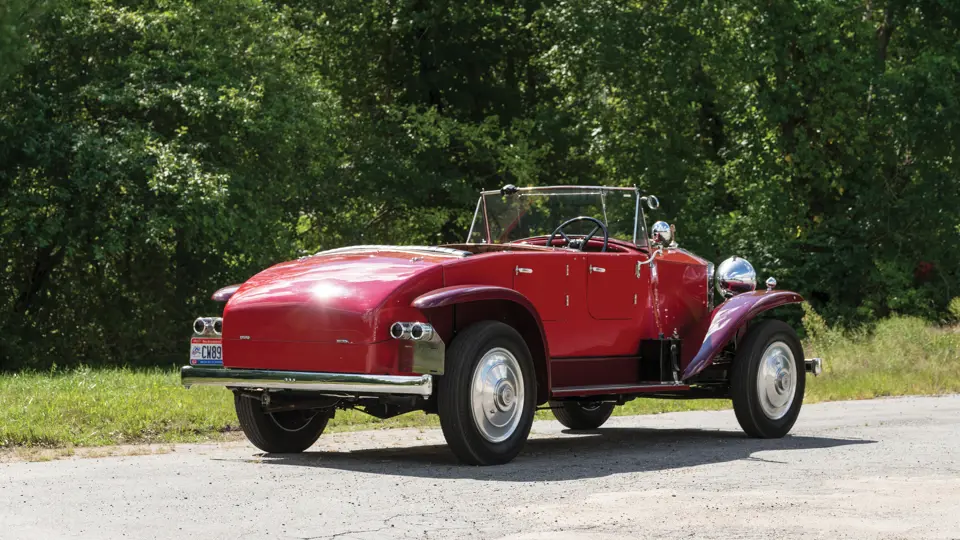

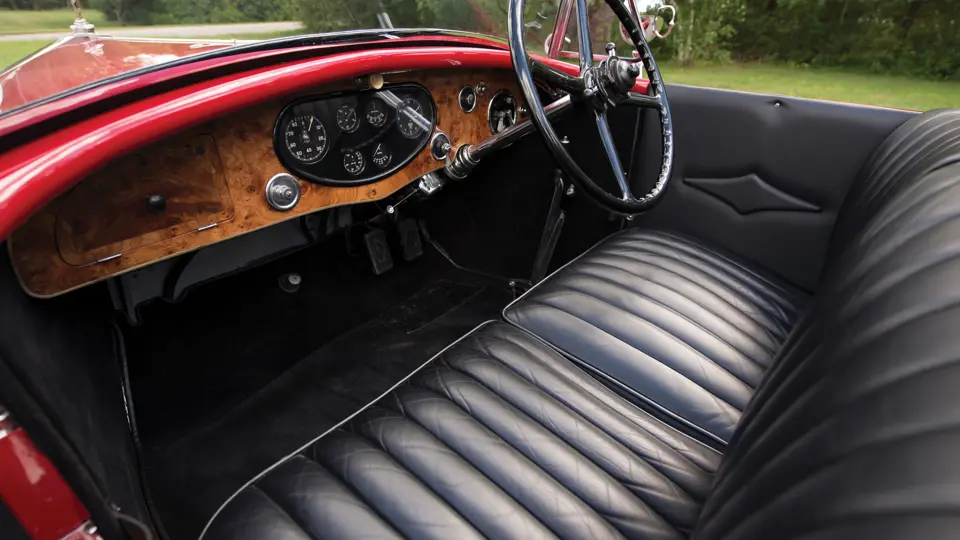

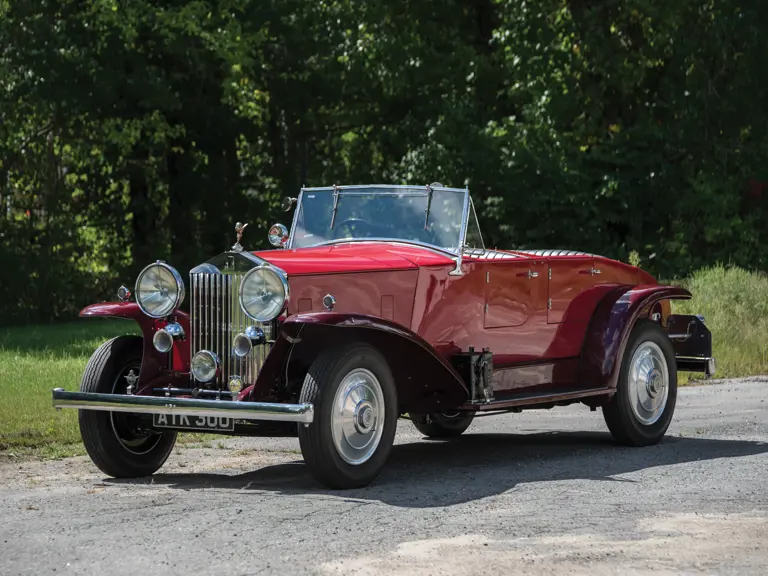
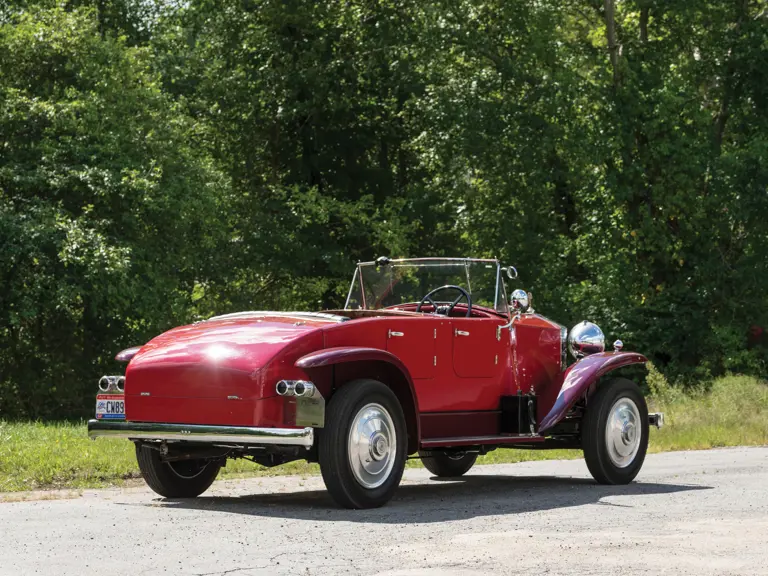
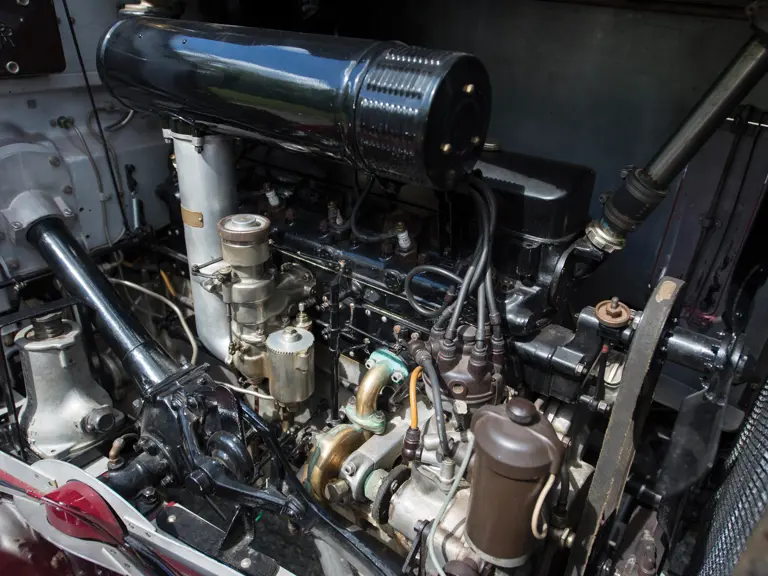
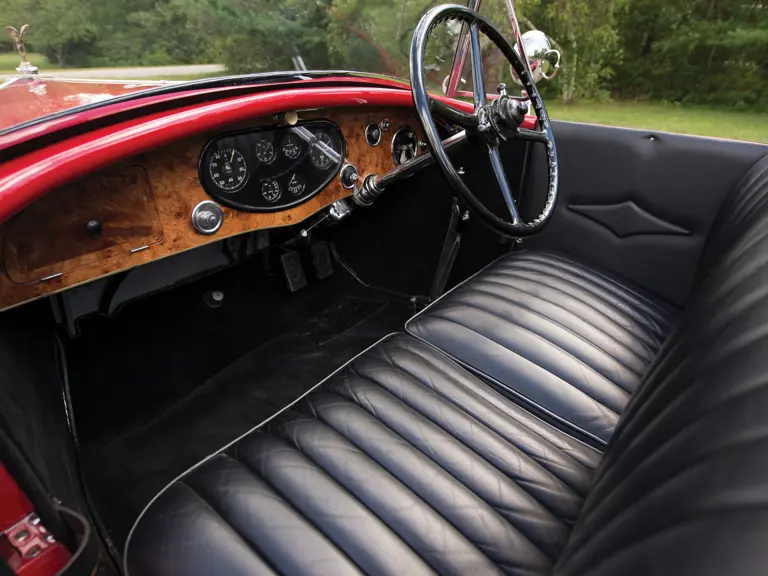
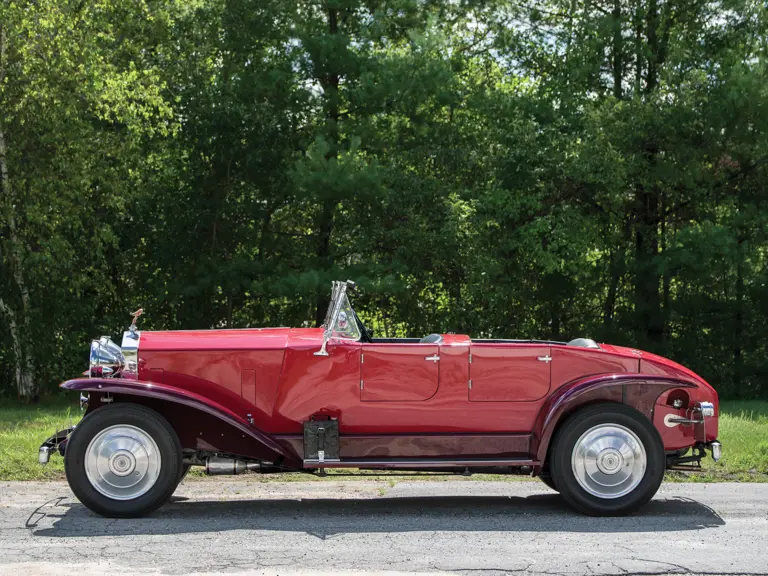
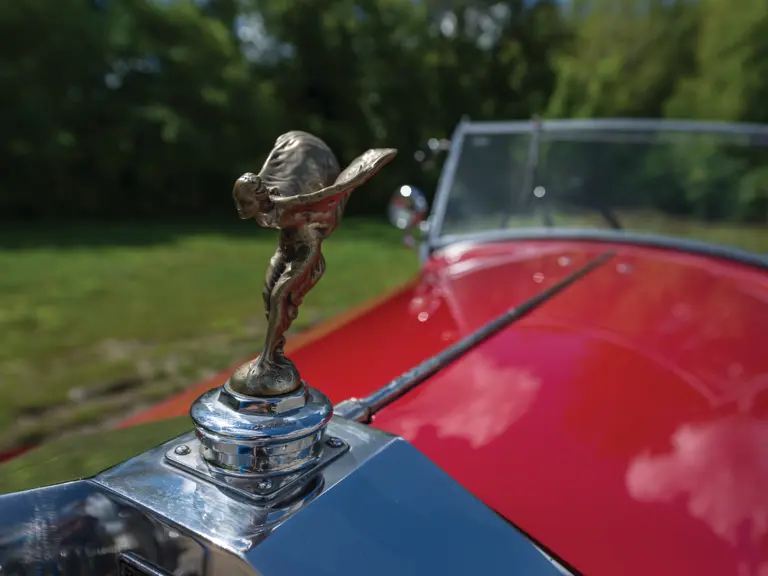
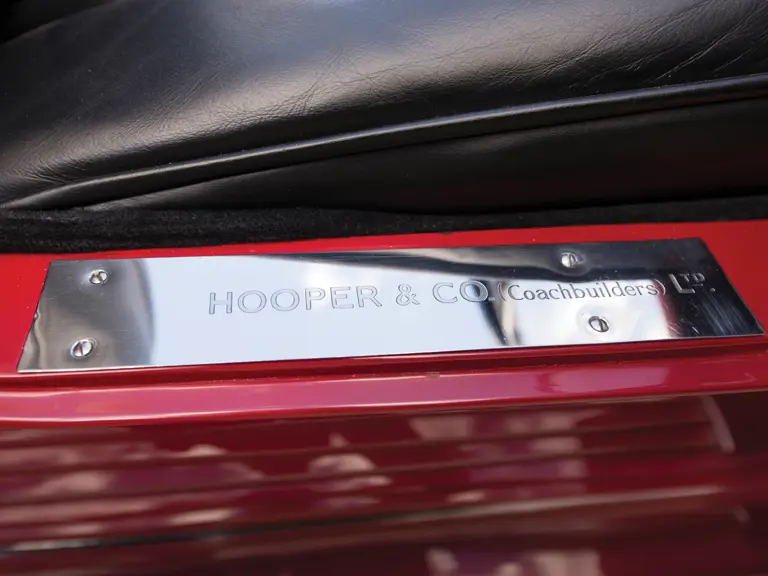
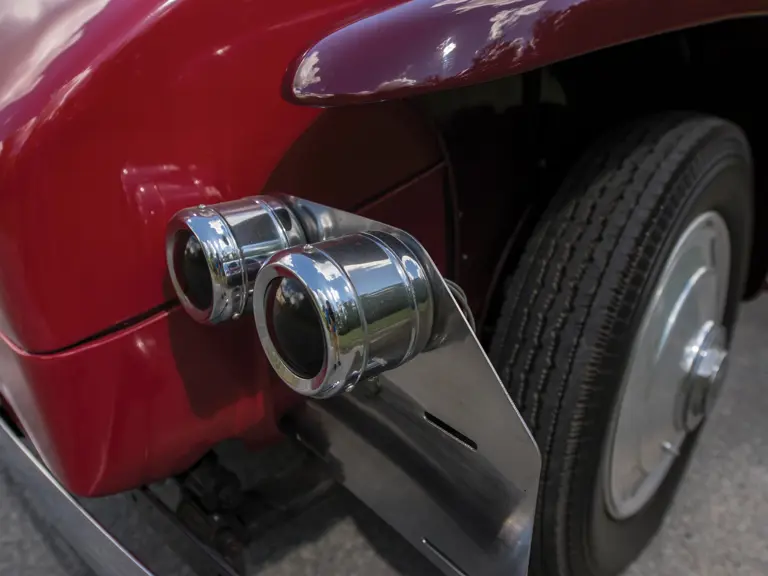
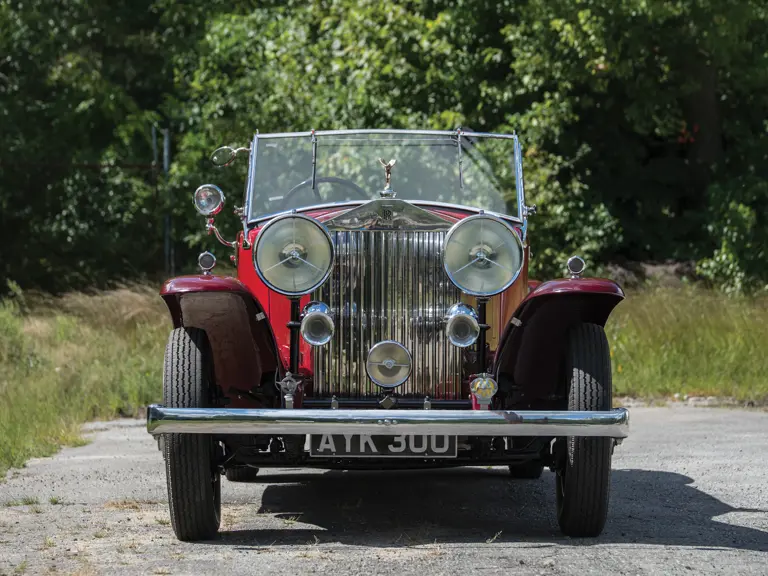
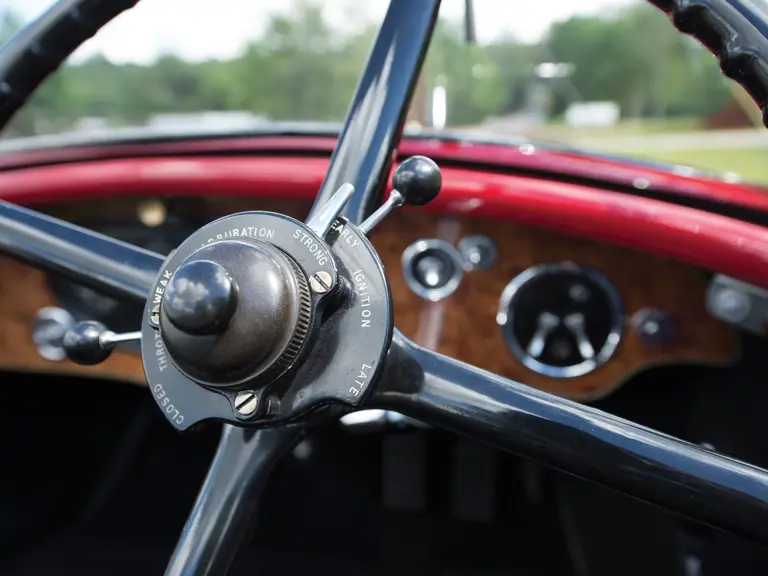
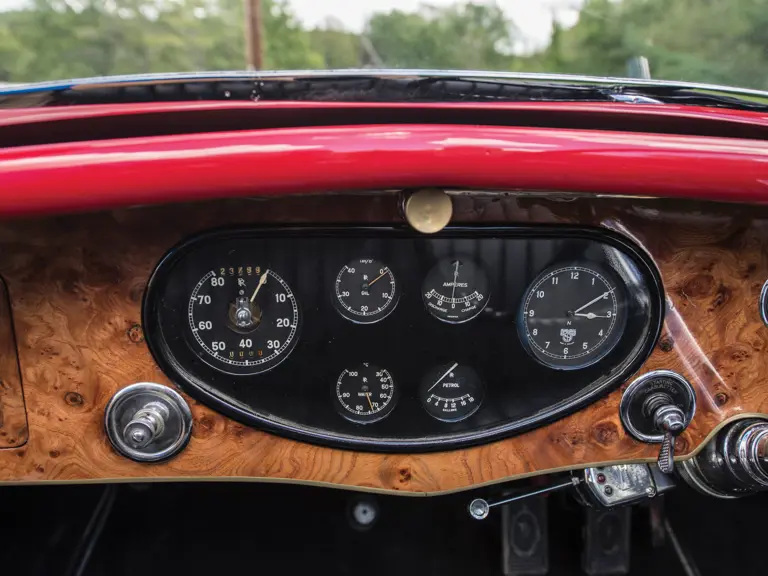
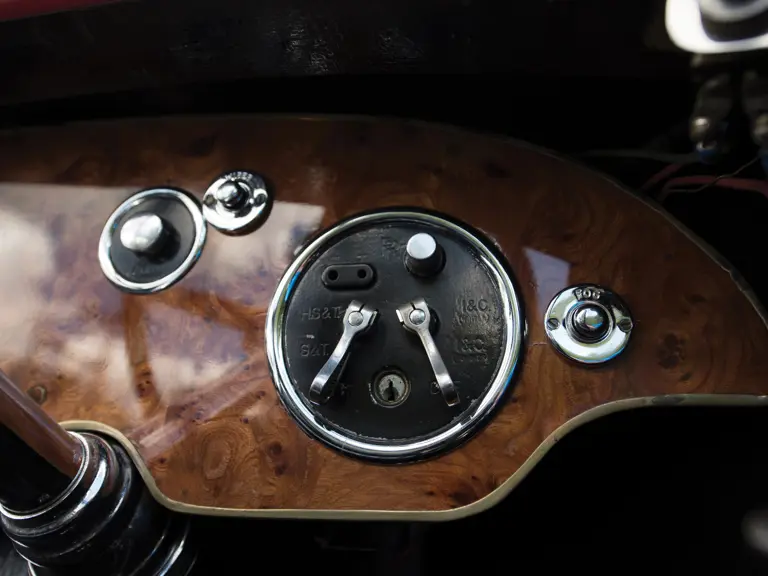
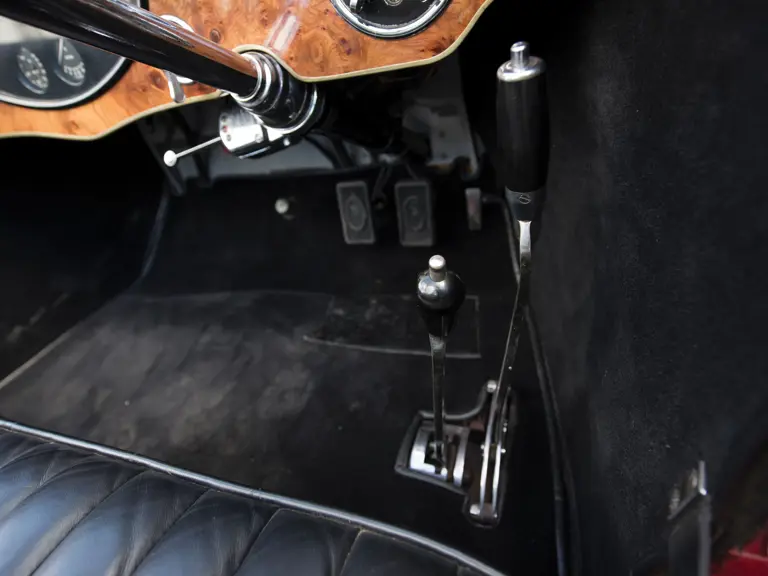
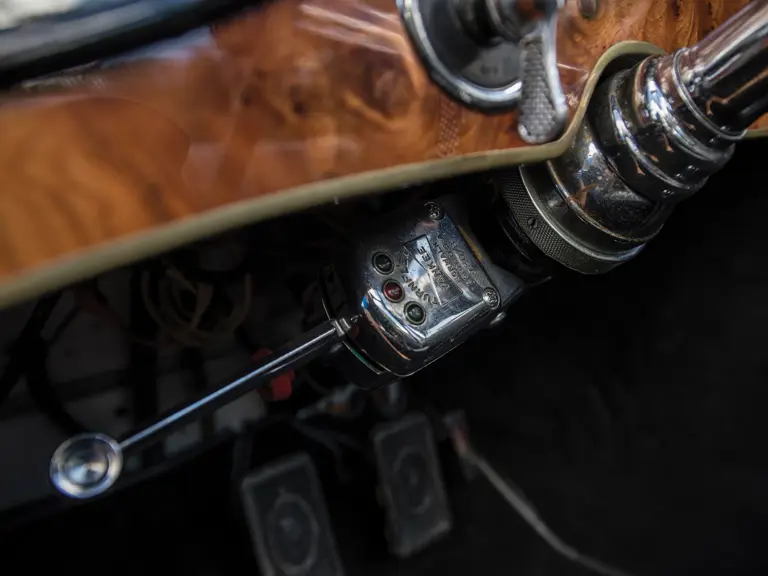
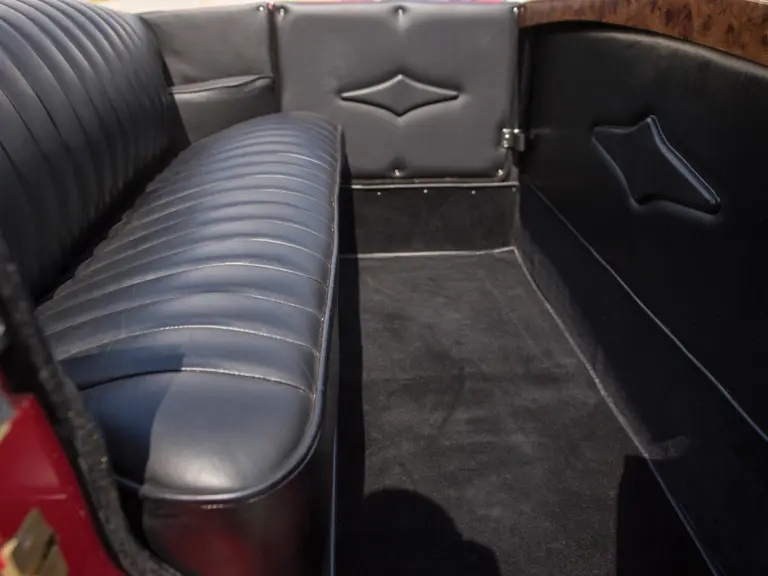
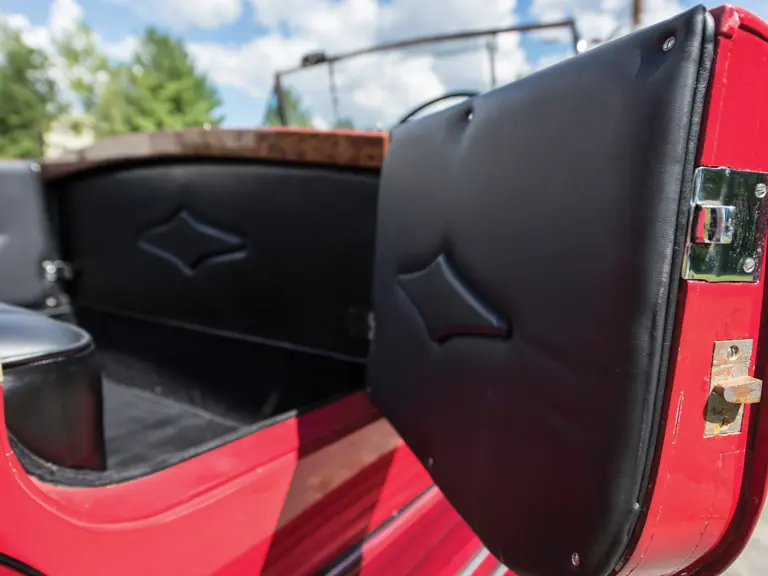
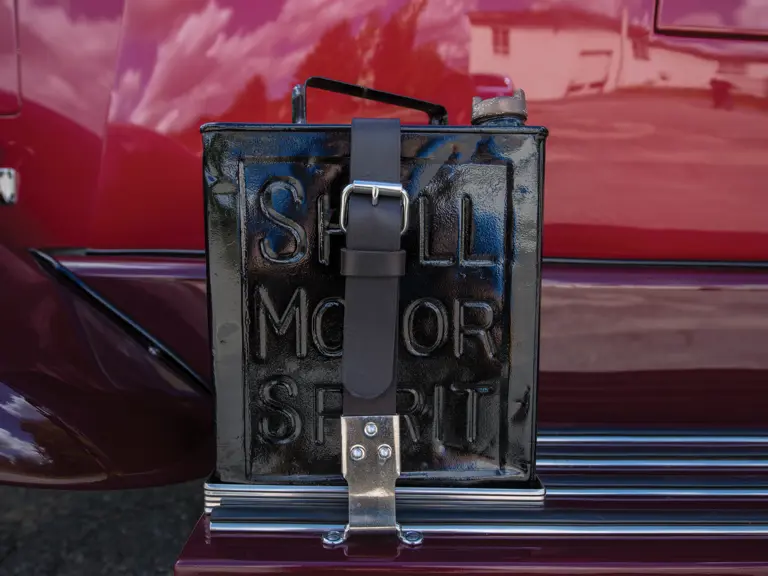

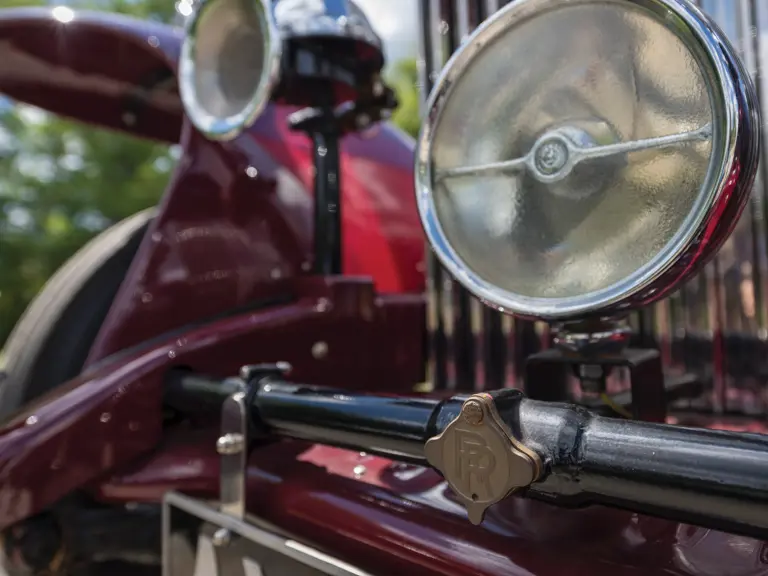
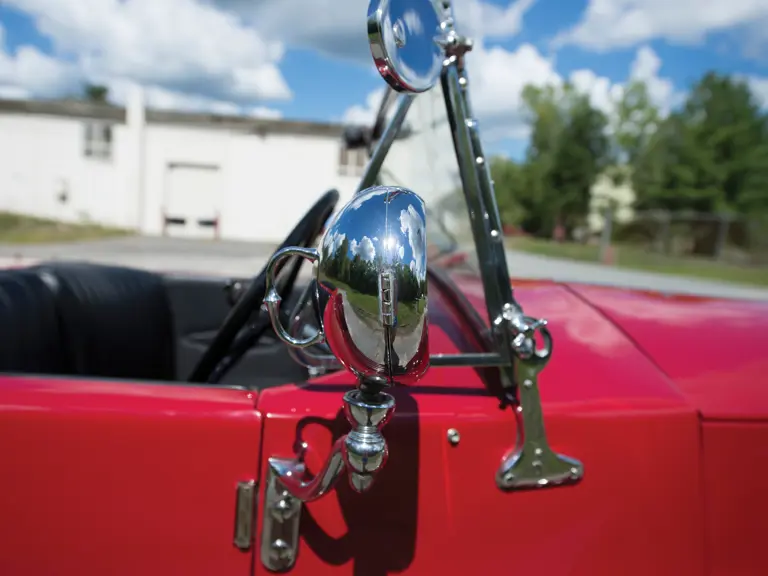
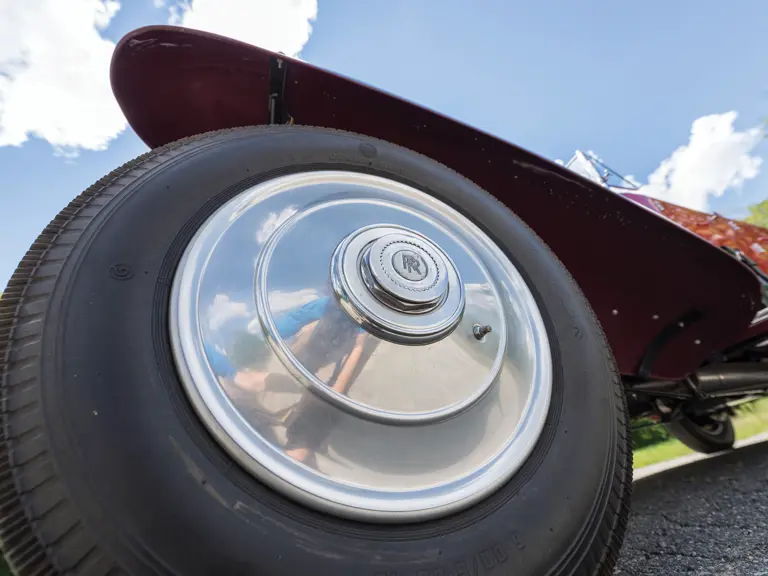
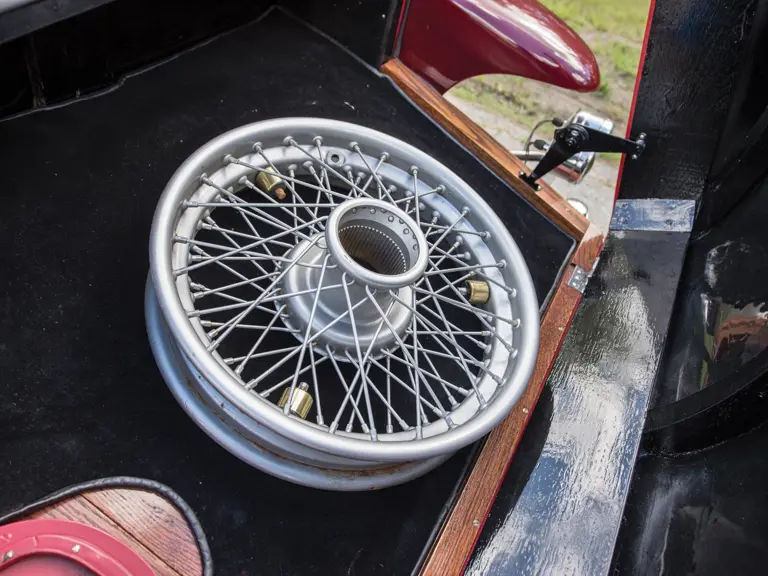
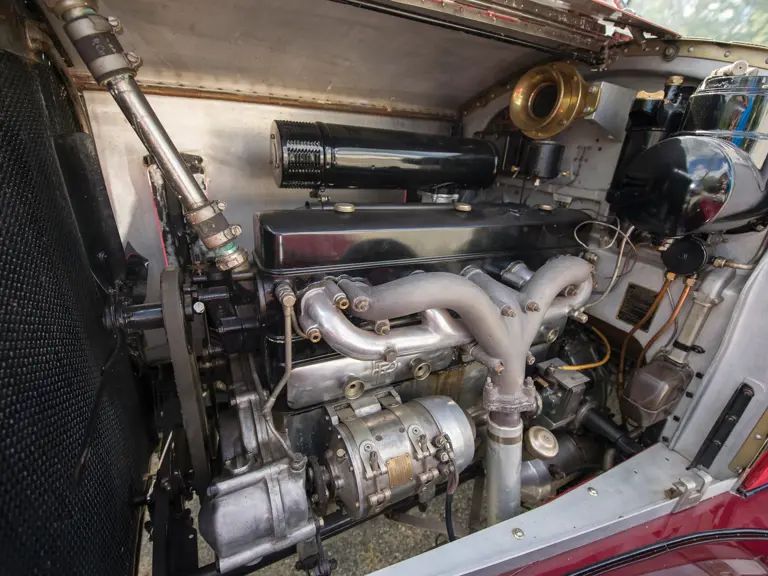
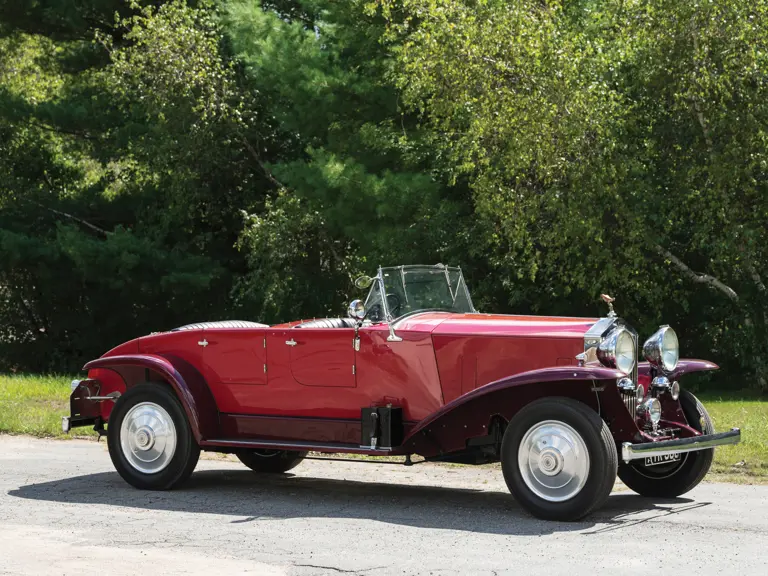
 | Hershey, Pennsylvania
| Hershey, Pennsylvania
